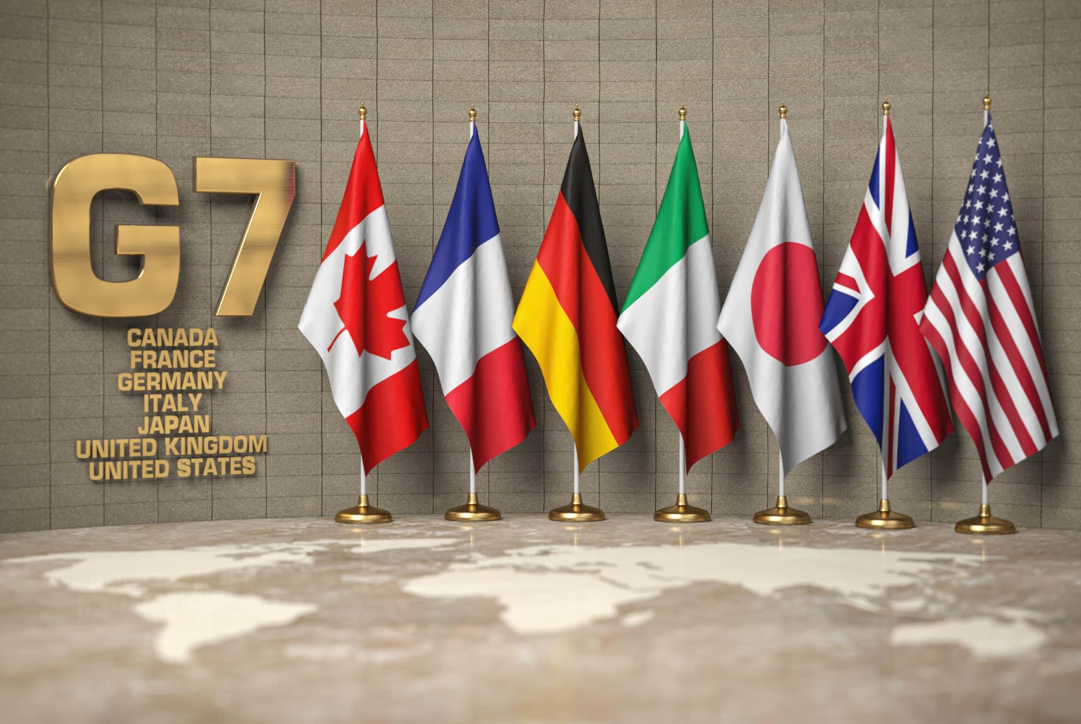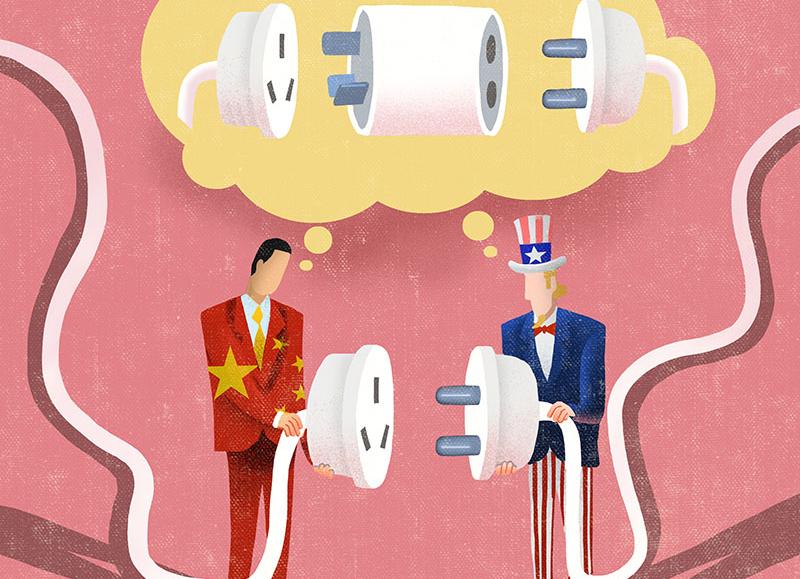Zhu Zhongbo, Director, Department for International and Strategy Studies, China Institute of International Studies
Jun 06, 2023
Legislators in Washington should cease and desist in their political maneuverings on Taiwan. It’s only making things worse. Undermining the political credibility of the United States and damaging the interests of the American people is a dubious distinction indeed.

Sun Chenghao, Fellow, Center for International Security and Strategy of Tsinghua University; Munich Young Leader 2025
May 30, 2023
The summit did not alter the overall direction of the United States or its core group of allies. U.S.-led competition with China only entered a new phase. America’s objectives have not changed, although it now sees the need to make adjustments.
Richard Javad Heydarian, Professorial Chairholder in Geopolitics, Polytechnic University of the Philippines
May 16, 2023
The U.S. and the Philippines held their first 2+2 Ministerial Dialogue in Washington, D.C. in seven years, with the aim to strengthen strategic cooperation and mark a new era of partnership. Discussions included the ongoing Taiwan crisis and the Philippines' announcement of opening four additional bases to U.S. troops under the Enhanced Defense Cooperation Agreement (EDCA). Philippine President Ferdinand Marcos Jr. has assured that these bases will not be used for offensive purposes in the event of a Sino-American conflict over Taiwan, despite concerns of dependence and geopolitical provocation.
Joseph S. Nye, Professor, Harvard University
May 03, 2023
We live in a world where geopolitical stability relies largely on deterrence. But how can we prove that deterrence works?
Nathaniel Schochet, Analyst and CJPA Global Advisors
Earl Carr, Founder and Chief Executive Officer at CJPA Global Advisors
Apr 12, 2023
Taiwan’s DPP, the pro-independence ruling party, has been fighting to retain relationships in the fallout of losing Honduras’ recognition to Beijing. Meanwhile, opposition leaders have breached a historic cross-strait divide with a visit to mainland China, all of this happening in the run up to Taiwan’s presidential elections next year.
Zhu Songling, Professor, Beijing Union University
Feb 01, 2023
Consultations with island authorities on trade shows American double-dealing. The visit undermined core Chinese interests and had a negative effect. It will do harm but no good in China-U.S. relations and will only undermine U.S. Secretary of State Antony Blinken’s Beijing visit.

Yi Fan, a Beijing-based political commentator
Jan 31, 2023
To glimpse how China is perceived in the West, a good place to start would be the titles of bestsellers. In 2015, the No. 1 bestseller in the United States was The Hundred-year Marathon: China’s Secret Strategy to Replace America as the Global Superpower. In 2017, there was Destined for War: Can America and China Escape Thucydides’s Trap? And this year, a trending one is Red-handed: How American Elites Get Rich Helping China Win.
Zhong Yin, Research Professor, Research Institute of Global Chinese and Area Studies, Beijing Language and Culture University
Jan 19, 2023
The United States, sees strategic parallels between the situations in Ukraine and Taiwan. It thinks lessons learned from Ukraine may serve as a model for dealing with China on Taiwan. But the differences are significant. To “Ukrainize” Taiwan is to provoke war rather than foster peace.

Wu Xinbo, Director of the Center for American Studies, Fudan University
Jan 12, 2023
The United States lacks the strength and influence to simultaneously contain both China and Russia. As with the Iraq and Afghanistan wars, its policies will place it in strategic overdraft and lead to more strategic errors.
Doug Bandow, Senior Fellow, Cato Institute
Jan 11, 2023
The thought of full-blown war with China has become mainstream in the aftermath of Russia’s Ukraine invasion. A potent mix of simmering animosity and economic concerns have created a heated climate that both sides need to take a step back from before the U.S. or China falls victim to the intoxicating pull of escalation.
Back to Top

- China-US Focus builds trust and understanding between the U.S. and China through open dialogue among thought leaders.
- Our Offerings
- Topics
- Videos
- Podcasts
- Columnists
- Research Reports
- Focus Digest
- Stay Connected
-
Thanks for signing up!
- Get the latest stories from China-US Focus weekly.